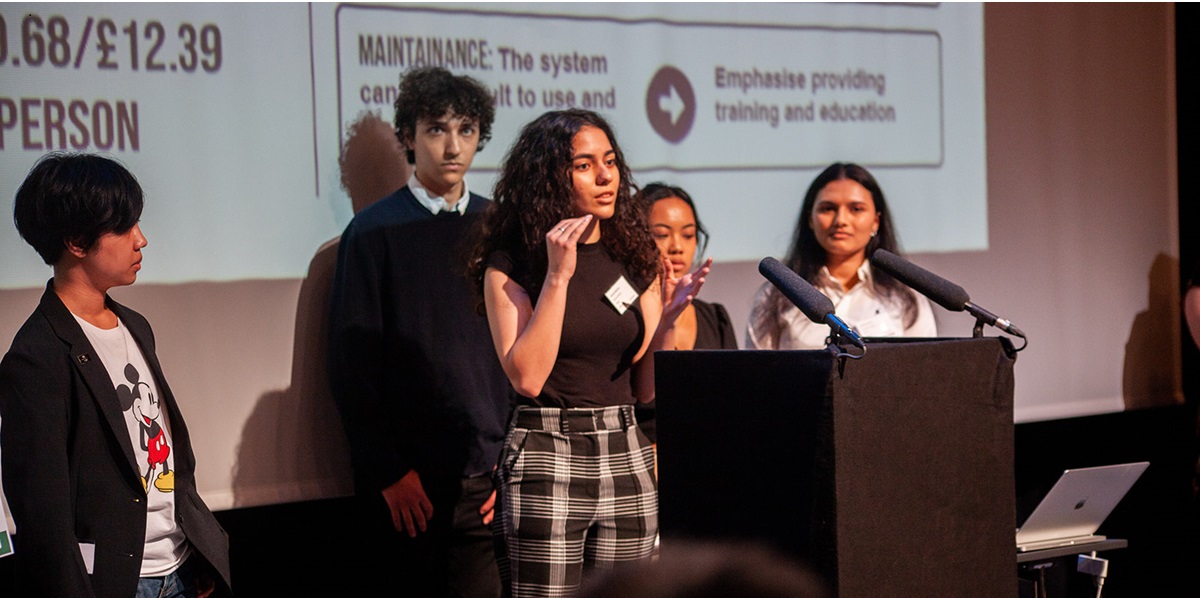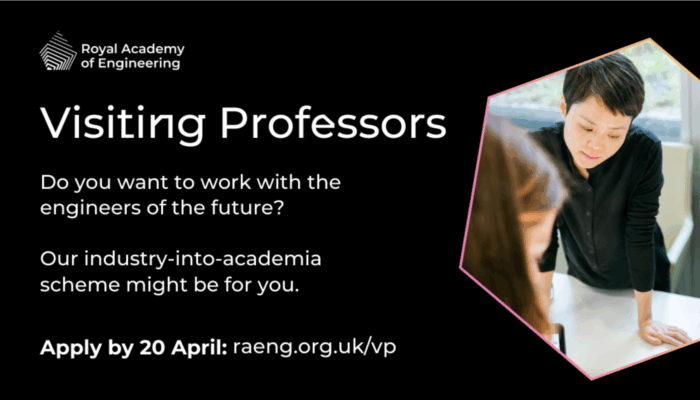Engineers Without Borders UK and the Engineering Professors Council are in strong support of the National Engineering Policy Centre’s Engineers 2030 project. Its ambition to act as a catalyst for change within the engineering sector is not only commendable but urgently necessary.
In the five years since the UK government declared climate and ecological emergencies, the call for profound and rapid systems change has only intensified. We believe the Engineers 2030 project has the potential to embody the bold leadership required to confront and navigate today’s complex global challenges, should its ambitions be matched with action.
Core elements of the Engineers 2030 project
Evidence base:
- A literature review on future skills needs here.
- UCL’s Centre for Engineering Education’s review of teaching of sustainability in UK engineering higher education here.
Exploration:
- A report from visioning workshops (including timelines for change and day in the life narratives).
- Systems Change Lab, exploring and testing how and why to integrate global responsibility as a central feature within university engineering education.
Action-orientated tools:
- Reimagined Degree Map, a guide to aid engineering departments navigate the decisions that are urgently required to educate students for 21st-century challenges.
- Sustainability toolkit, a teaching tool to ensure that sustainability is essential to and fully integrated within the learning of engineering students.
Our response to the consultation
To help shape the vision and principles of the Engineers 2030 project, the National Engineering Policy Centre conducted a consultation from March to July 2024, which welcomed contributions from all parts of the engineering community and beyond.
In response, Engineers Without Borders UK and the Engineering Professors Council collaborated closely to develop a unified response drawn from public engagements and written feedback from over 75 individuals in our communities. This collective approach has allowed us to integrate the expertise and insights from both organisations and ensure our recommendations are more impactful.
Additionally, we provided feedback on critical aspects such as timelines for change and “day-in-the-life” narratives from the visioning workshops, enriching the consultation with more practical and forward-looking insights.
Summary and recommendations
Our response identifies six areas for improvement:
- Strengthen the vision by making it more concise and bolder
- Reframe the principles to be ‘qualities’ of engineers / technicians
- Strengthen the focus on global responsibility in engineering
- Prioritise upskilling / reskilling the current workforce
- Prioritise systems change in higher and further education
- Be more action-oriented by connecting with existing change efforts.
On the following pages, please find details of the six recommendations above. We have now provided the Engineers 2030 working group with specific suggestions for enhancing their vision and principles.




